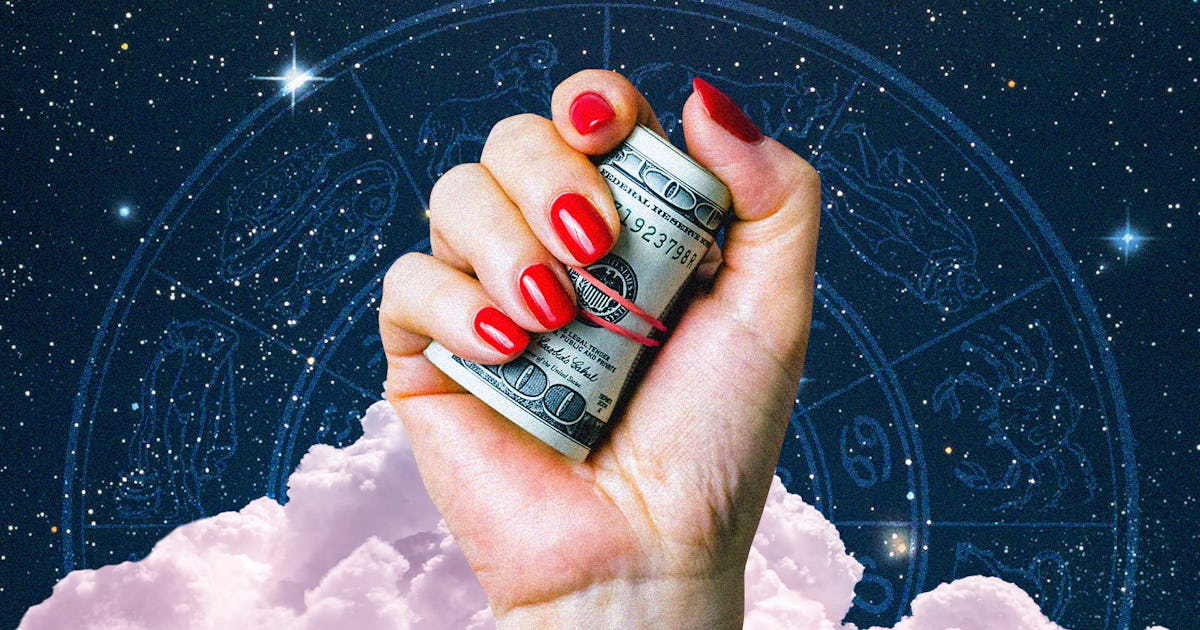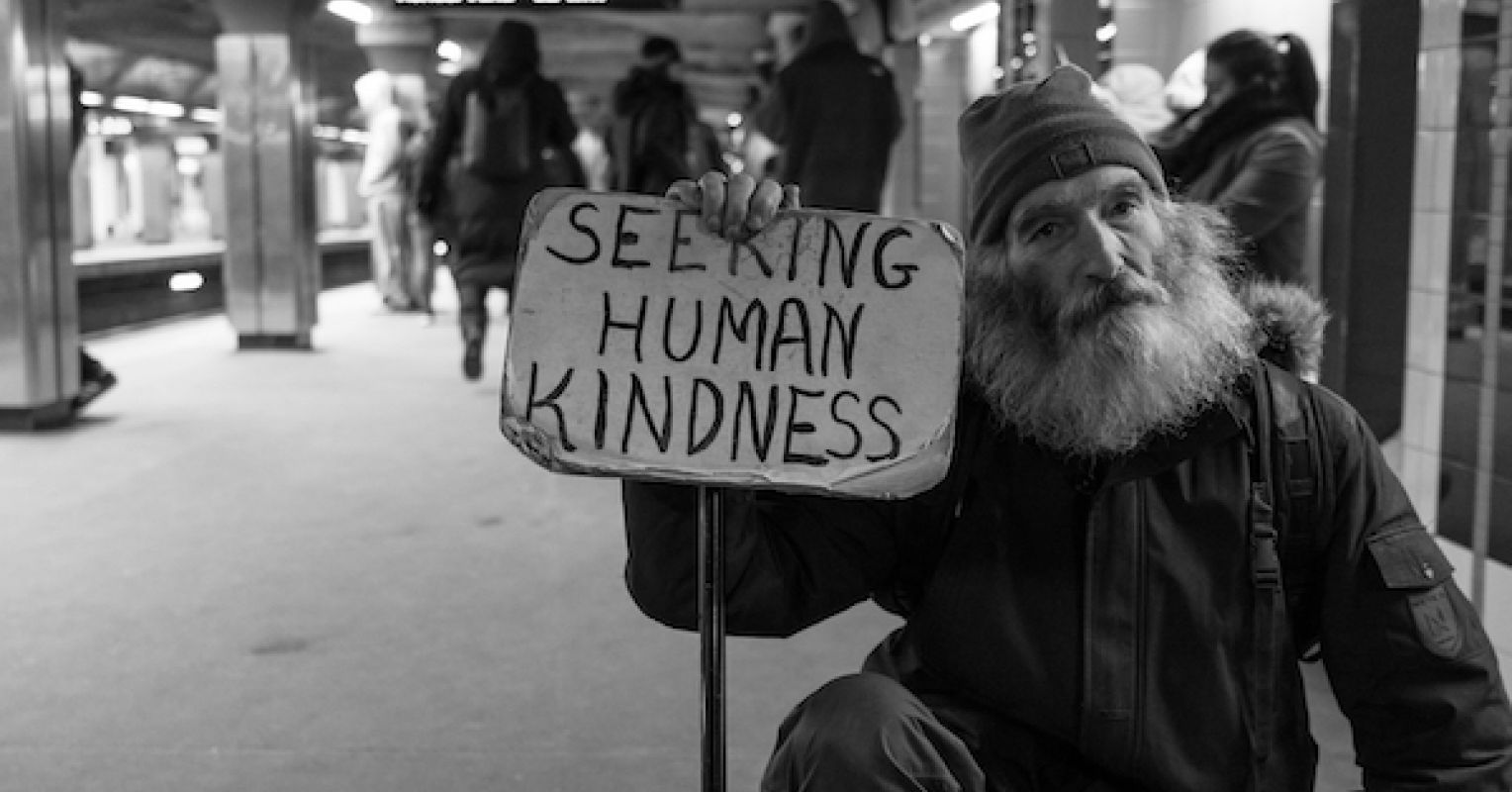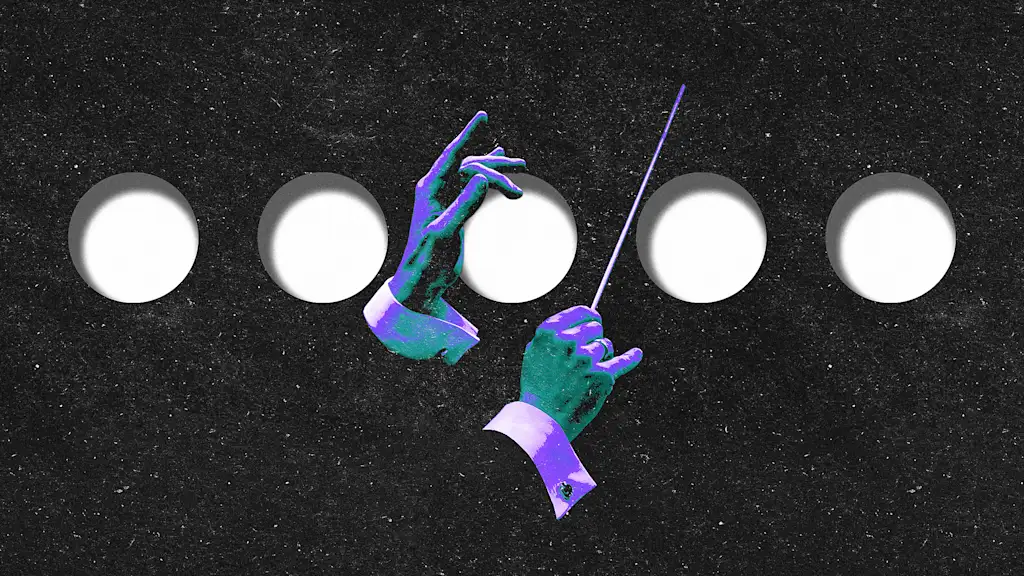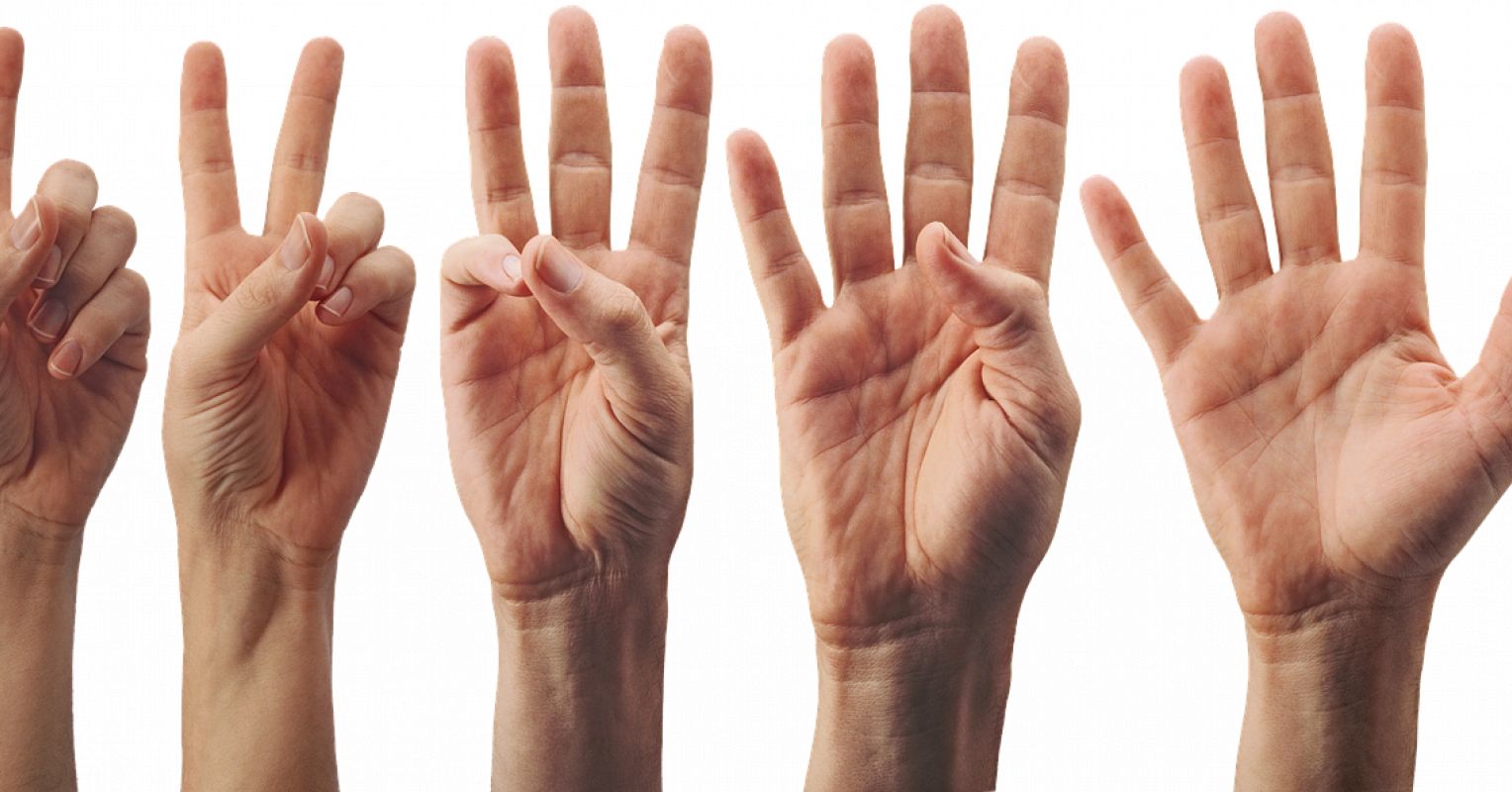Mindfulness
Mindfulness
[ follow ]
#astrology #emotional-regulation #productivity #resilience #introversion #mental-health #aging #solitude
Mindfulness
fromSilicon Canals
21 hours agoThe art of quiet happiness: 8 habits of people who don't need "plans" to feel fulfilled - Silicon Canals
Quiet happiness arises from simple daily habits—presence, phone-free mornings, micro-contentment, and mindful routines rather than constant planning or relentless optimization.
fromSilicon Canals
8 hours ago8 habits that help you stay present without overthinking - Silicon Canals
We've become professional overthinkers, analyzing every interaction, second-guessing our decisions, and living everywhere except right here, right now. The constant mental chatter is exhausting. Trust me, as someone who once spent an entire weekend mentally rewriting a two-sentence email I'd already sent, I get it. But here's what I've learned: staying present isn't about emptying your mind or achieving some zen-like state of perpetual calm.
Mindfulness
fromBig Think
20 hours agoWhy fulfilled people make time for nothing at all
When I visited flourishing groups, I noticed that being with them felt different. They possessed a vibrancy, a switched-on responsiveness that showed up in their bodies. Their posture, in general, was relaxed; their heads were up and their interactions were fluid. Aliveness was the word I kept writing in my notebook: a feeling of being carried along in a river of energy that was headed somewhere good.
Mindfulness
Mindfulness
fromSilicon Canals
7 hours ago8 hobbies Boomers love that are actually old school therapy they don't know they need - Silicon Canals
Traditional Boomer hobbies like gardening, bridge, and tinkering function as low-cost, effective therapeutic practices addressing anxiety, depression, and cognitive decline.
fromSilicon Canals
5 hours agoThe hidden reason you can't relax anymore isn't laziness - it's this modern habit nobody talks about - Silicon Canals
Last week, I tried to watch a movie without doing anything else. Just watching. No phone, no laptop, no second screen. I made it exactly 12 minutes before my hand started twitching toward my pocket like some kind of digital zombie. And that's when it hit me. This isn't about being lazy or unmotivated. This constant restlessness, this inability to truly relax, it's something else entirely.
Mindfulness
Mindfulness
fromSilicon Canals
13 hours agoYou know you're officially middle-aged when these 7 weekend plans sound perfect instead of boring - Silicon Canals
People in their thirties and forties are redefining weekends toward restful, productive mornings—farmers' markets, meal prep, and morning coffee—over late-night socializing.
fromFast Company
1 day agoScientists disagree on what mindfulness means. Here's why it matters for health and happiness
On social media, television, and wellness apps, mindfulness is often shown as one simple thing-staying calm and paying attention to the moment. Large companies like Google use mindfulness programs to help employees stay focused and less stressed. Hospitals use it to help people manage pain and improve mental health. Millions of people now use mindfulness apps that promise everything from lowering stress to sleeping better.
Mindfulness
fromSilicon Canals
1 day agoPsychology explains why simple analog rituals calm an overstimulated brain faster than any digital detox app - Silicon Canals
Digital interfaces, as convenient as they are, bypass many of the sensory pathways that help us process and retain information. Think about it this way: when you write something by hand, your brain engages multiple systems simultaneously. You're planning the movement, feeling the texture of paper, hearing the scratch of pen on page, and seeing the words form. This multi-sensory engagement creates what psychologists call "embodied cognition"-the idea that our physical actions directly influence our thinking patterns.
Mindfulness
fromPsychology Today
1 day agoCellular Memory, Trauma, and Fear
They are known, as it were, from the neck up. The cellular memory of facts and experiences, however, connects mind and body: My body recalls that showing my true feelings in childhood led to a put-down. A slammed door meant that Dad was home and drunk. The specific fact/event may be forgotten, but the bodily reaction remains: Any slamming noise may induce terror.
Mindfulness
fromSilicon Canals
1 day agoThe "productive" habit that is secretly costing you 40% of your output - Silicon Canals
Then I tracked my actual output for a month. The real work. The stuff that actually moved the needle on my business. I was getting about 60% of the work done that I used to accomplish before I became so "responsive." Being constantly available had turned me into a human notification center instead of someone who actually created value. Experts backs this up, too. According to the folks at the APA, multitasking can reduce productivity by up to 40%.
Mindfulness
fromHuffPost
1 year ago27 Hilarious And Accurate Tweets About Life In Your 40s
Each decade of life comes with its share of pluses and minuses, but there's something special about being in your 40s. You're wiser and more mature than you were in your youth, more comfortable in your skin and you know what you like. Sure, you may not have quite as much energy as you once did. But you're still having a whole lot of fun - it's just that your definition of fun has changed over time.
Mindfulness
Mindfulness
fromSilicon Canals
1 day agoPsychology says people who eat the crust first display these 6 traits about delayed gratification that predict financial success - Silicon Canals
Crust-first eating reflects a tendency toward delayed gratification linked to traits associated with financial stability and long-term decision-making.
Mindfulness
fromSilicon Canals
2 days agoIf you're stuck in life, you're probably doing these 8 things every weekend without realizing it - Silicon Canals
Weekend habits determine momentum: unstructured, numbing weekends often stall progress while intentional, restorative weekend practices propel personal and professional growth.
fromYoga Journal
3 days agoYour Weekly Horoscope, February 1-7, 2026: Liberating Yourself
In astrology, the Moon exists within each of us. She is internal, subjective, intuitive, and felt. She is illuminating of what is both conscious and unconscious, what is ours and what has been inherited. When she exists in a fire sign, we are offered powerful expression, release, and transformation. Fire moves quickly and burns brightly. Under this lunation, so do our emotions.
Mindfulness
fromSilicon Canals
3 days agoYou know you're getting older when these 10 "boring" activities genuinely excite you now - Silicon Canals
Remember when Friday nights meant figuring out which party to hit first? Now, I get genuinely thrilled about having zero plans and a new documentary queued up. Last week, I actually canceled drinks to stay home and organize my spice drawer, and the weirdest part? I felt zero FOMO! If you've ever caught yourself getting excited about a new vacuum cleaner or spending Saturday night researching the best mattress for back support, congratulations! You're officially entering that phase of life where "boring" isn't boring anymore.
Mindfulness
Mindfulness
fromBusiness Insider
3 days agoI'm 81 and decluttering my house, so that my kids don't have to deal with the mess when I die. It's a strange but important task.
An 81-year-old is decluttering cherished possessions to spare children future burden while keeping memories without retaining all physical items.
fromSilicon Canals
4 days ago9 things people who always have a clean house do every single night before bed - Silicon Canals
It's about what happens in those crucial minutes before bed. The psychology behind this makes sense. As behavioral scientists have found, our environment significantly impacts our stress levels and mental clarity. A cluttered space often leads to a cluttered mind. Those who maintain consistently clean homes have figured out that small, nightly rituals prevent the overwhelming buildup that sends the rest of us into cleaning frenzies.
Mindfulness
fromDeconstructing Yourself
5 days agoThe Power of the Heart with Stephen Snyder
Host Michael Taft speaks with Stephen Snyder Sensei about the two "missing" brahmaviharas, Innate Goodness practice, heart wisdom vs. mind wisdom, the magic of the "group heart", the paradox of the Heart Sutra, learning to become receptive, God and the nondual, entities, bodhisattvas, deities, the three types of forgiveness, and the "terrible importance" of heart-based practice.Stephen Mugen Snyder, Sensei began practicing daily meditation in 1976.
Mindfulness
Mindfulness
fromwww.theguardian.com
5 days agoEmbrace the imperfect and don't try to keep everyone happy: readers share their tips on doing less in 2026
Doing less—setting boundaries, embracing imperfection, delegating responsibility, simplifying choices, and favoring phone calls—reduces stress and conserves emotional energy.
Mindfulness
fromSilicon Canals
5 days agoPeople who prefer a tidy, simple home over a flashy one usually have these 7 traits of quiet sophistication - Silicon Canals
Quiet sophistication prioritizes minimal, purposeful spaces and experiences over possessions, creating calm, freedom, and lasting fulfillment.
Mindfulness
fromBusiness Matters
6 days agoLaTosha Kerley Advocates for Broader Recognition of Non-Linear Career Paths
Resilience, lived experience, and non-linear career trajectories indicate leadership potential; human-centered leadership recognizing full lives builds stronger, adaptive organizations.
fromMail Online
6 days agoFuturistic chair puts you in an 'altered state of mind' within minutes
Each of the individual parts - the headrest, arms, backrest, and seat - move along individual horizontal paths so that they aren't accelerated by gravity like a swinging rocking chair. At the same time, very smooth bearings cut resistance and friction to a minimum, allowing the chair to follow your body's natural movements. Dr David Wickett, the designer of the chair and co-founder of DavidHugh Ltd, says this system is so sensitive that 'even breathing can lift the entire body'.
Mindfulness
Mindfulness
fromSilicon Canals
6 days agoPeople who still write thank-you notes by hand usually possess these 9 character traits that are rare today - Silicon Canals
Handwritten thank-you notes reveal deliberate effort, sincere gratitude, preserved voice, and character traits that deepen personal connection beyond digital messages.
fromYoga Journal
1 week agoHow Do You Safely Practice Twists in Yoga? Here's What You Need to Know.
Yogis discovered the joys of twisting long before the dance craze captured America's attention in the early '60s. Improved abdominal circulation and toning of the abdominal muscles, relief of pain in the hips and shoulders, increased blood flow to the spinal nerves, and greater elasticity and strength of the spine are some of the many physiological benefits derived from practicing the twisting asanas.
Mindfulness
fromYoga Journal
6 days agoI Tried Floating in a Sensory Deprivation Tank. I Have Many Thoughts.
The idea of floating in a sensory deprivation tank has always appealed to me. I am a huge fan of fancy spa sessions and most things woo-woo, and floating-a service that invites you to submerge your body in super salty water in the dark, ditching your senses in favor of an anti-gravity experience-sounded like the ultimate meeting of the two. Spa-ish mindfulness! Good for my skin and my mind! Sign me up.
Mindfulness
Mindfulness
fromSilicon Canals
1 week agoPsychology says if you've stopped looking forward to your life, say goodbye to these 7 habits - Silicon Canals
Seven toxic habits quietly steal joy; living in your head and perfectionism numb experience, and cultivating presence and self-compassion restores vitality.
fromPsychology Today
1 week agoPersonal Practices for Healthier Interactions
I appreciate the ways others love me, no matter how limited. I am letting go of expecting-or demanding-that they love me exactly as I want them to. I am letting go of wanting others to prove that they love me. At the same time, I can always ask for the kind of love I long for. I am learning to trust others when the record shows they can be trusted, while I, nonetheless, commit myself to being trustworthy regardless of what others may do.
Mindfulness
fromPsychology Today
1 week agoAnger Is Not the Problem-It's the Message
Anger is a deeply human emotion that arises frequently in our lives. Often, it serves as a shield, concealing more vulnerable feelings like fear, shame, rejection, and helplessness. Many of us have a challenging relationship with anger. Anger, like other emotions, usually comes with an "action tendency"-a motivation to do something. We experience anger when our needs are unmet, and we want to take action to correct the situation.
Mindfulness
fromTiny Buddha
1 week agoA Simple Practice That's Keeping Me Out of Catastrophic Thinking - Tiny Buddha
As a documentary filmmaker, anticipating the unexpected is part of the job. We learn to obsess over what could go wrong-equipment failures, weather shifts, emotional volatility, permissions falling apart, safety concerns, or a once-in-a-lifetime moment slipping away. We become experts at scanning for danger, preparing for the failure before it arrives. It isn't neurosis-it's craft. It's training. It's how we keep the work alive.
Mindfulness
fromSilicon Canals
1 week agoThe art of staying sharp after 60: 8 everyday habits that protect mental clarity - Silicon Canals
Ever wonder why some people seem to stay mentally sharp well into their 70s and 80s while others start struggling with brain fog in their 60s? According to research from Harvard Medical School, the difference often comes down to daily habits-and here's the kicker: even small changes made after 60 can significantly improve cognitive function and protect against decline. The brain is remarkably adaptable at any age.
Mindfulness
[ Load more ]














